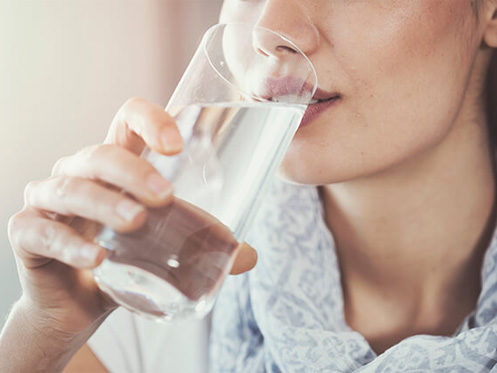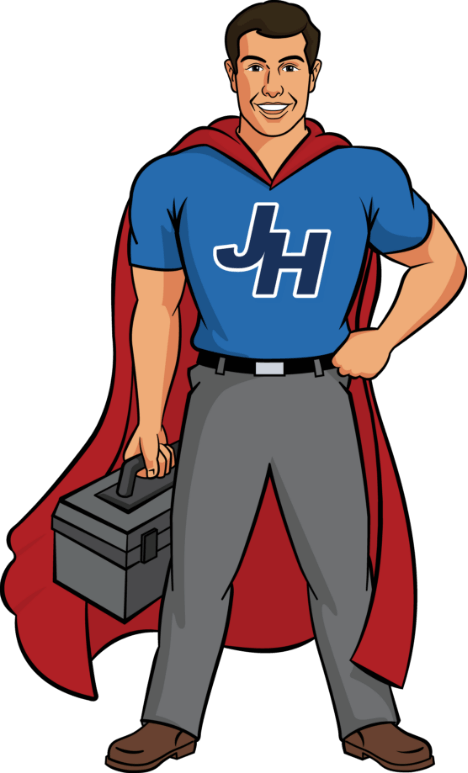Our planet is an incredible place with so many cultures at various levels of development. It’s easy to feel that our beliefs should all be the same, but we are so very different. A good reality check is to watch TV shows starring Anthony Bourdain, to see the world from his unusual viewpoint.
Anthony Bourdain has traveled to some incredibly remote areas starting with No Reservations, which was his first TV show in 2005. No Reservations were based on his willingness to eat anything, which it seemed like he did. Imagine eating everything from seal eyes to maggot-fried rice to fetal duck eggs, which required wine to wash them down!
In some shows, Anthony Bourdain had to travel by canoe with guides to remote areas to visit tribes that put him at risk because of their culture. Saying or doing the wrong thing such as an acceptable hand signal in the U.S. could be interpreted differently and put him at physical risk. He was also at risk because most remote cultures have contaminated water and no plumbing.
Imagine living in a culture where you have to travel for miles and stand in line to collect drinking water that runs off a mountain or boil water to make it safe. Even worse would-be dipping water out of a river that had sewage in it. Worldwide, 2.5 billion people live without improved sanitation. Infectious waterborne diseases kill 2.2 million annually, mostly children under five years old!
Anthony Bourdain described the worst toilets as being those in Harbin, China. They were two slats and a deep trench. The best toilets were in Japan. They were comfortable and played music!
It’s obvious there is an incredible difference in cultures, but our basic needs are similar in many ways. A common need is quality drinking water. We may feel comfortable with the quality of water in the U.S., but is that still reality?
The National Resources Defense Council reported the drinking water systems of 19 cities to have pollution, old pipes, and outdated treatment that threaten tap water quality. All 19 cities are well known!
Our water quality will inevitably decline since chemical usage continues to increase as we “develop” our culture. We have discovered or invented over 50 million chemicals and the speed of developing new ones is increasing. It took 33 years to get the first 10 million chemicals registered and nine months to get the last 10 million chemicals into the American Chemical Society database. What can we do to protect ourselves?
Increasing our awareness of the harmful effects caused by chemical usage is a good first step since it should naturally increase our responsibility to protect water supplies. We can easily change basic practices. For instance, our storm sewer system collects yard chemicals and other pollutants before dumping them into Salt Creek. Salt Creek discharges into the Platte River by Ashland. A few weeks ago, 100s of Asian carp died shortly after rain near that discharge area. In some regions, 50% of native freshwater fish species are at risk of extinction. It’s hard to downplay the effects of chemicals. Are there other solutions than hazardous chemicals?
Our drinking water comes from the Ashland area after it is treated. Any chemical that is put into our sewage system or washed down the storm sewer tends to threaten our overall drinking water quality. The good news is the Lincoln Water System (LWS) continues to provide quality drinking water that meets basic standards. LWS has been a good “neighbor”.
LWS continues to work harder each day to supply quality water as the population and water pollution increase. The perfect solution would be to keep chemicals out of our rivers. Once chemicals are in the drinking water, a good way to remove contaminants is with a Reverse Osmosis (R.O.) system. They typically are installed under kitchen sinks and provide drinking water to a separate faucet at the sink.
R.O. water removes 28 of the major chemicals including things like lead and arsenic, typically found in drinking water. It tastes good and is also great for making clearer ice cubes. R.O. systems cost approximately $570 to install. Feel free to stop by John Henry's Plumbing, Heating, Air, and Electrical and sample our R.O. water!
A friend that has traveled to over 50 countries recently told me “People are all similar and have basic needs. It’s the governments that make us different”. Hopefully, governments will continue to work closely together to improve the quality of water to protect world health!

